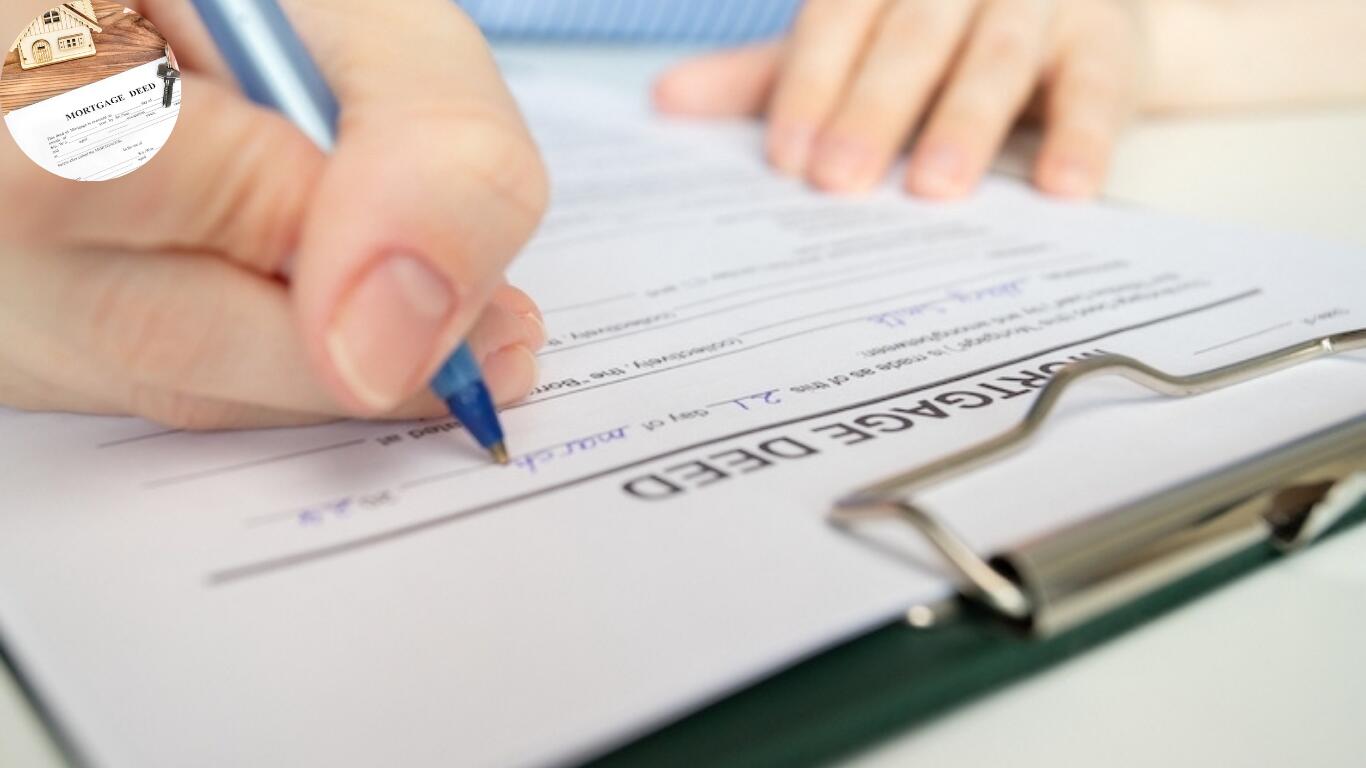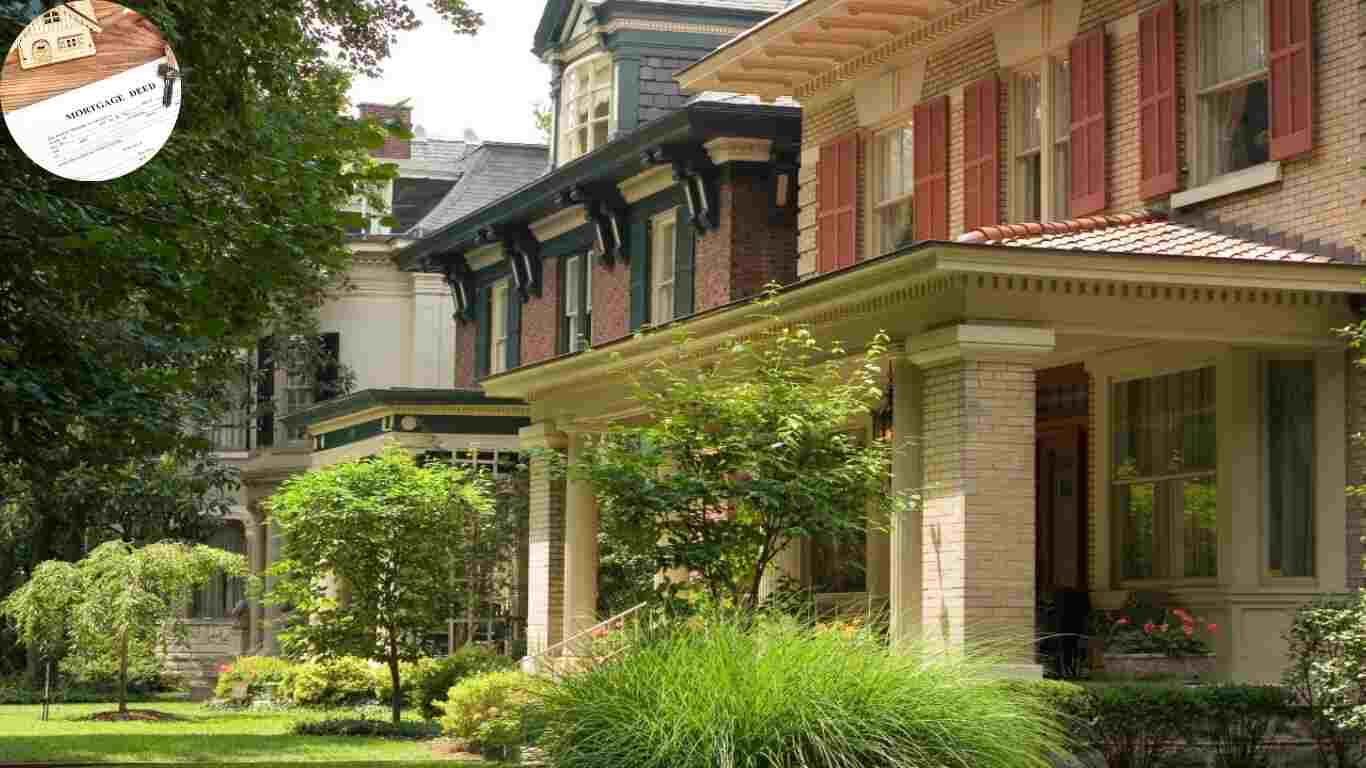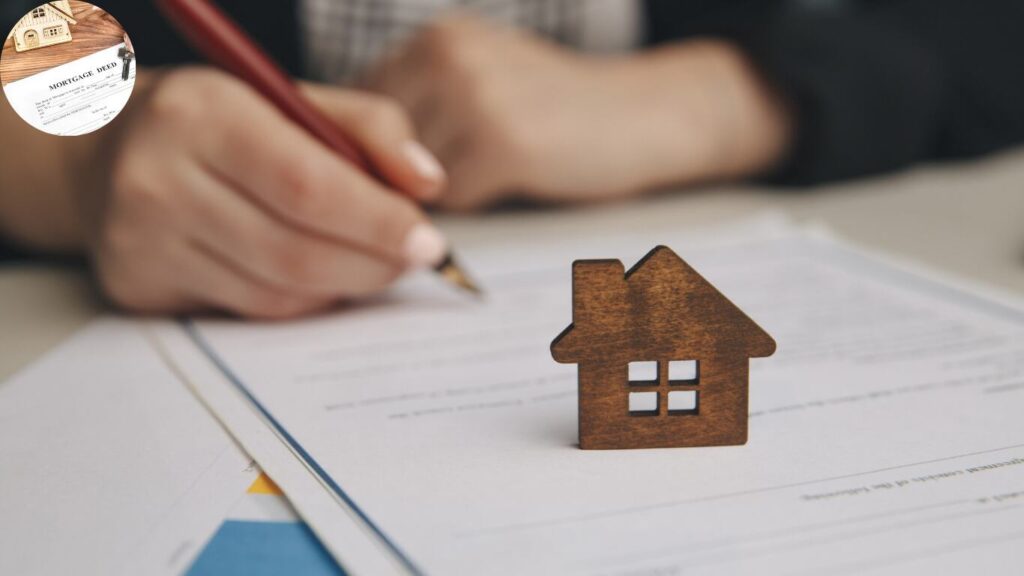Owning a home is one of the biggest milestones in life. However, for most people, this dream comes with a mortgage—a complex financial arrangement that often leaves homeowners wondering: Does the bank hold the deed to my house?
| Aspect | Details | |
|---|---|---|
| Bank holds deed during mortgage | Yes, lenders typically retain the title deed (proof of ownership) until the mortgage is fully paid. | |
| Deed release process | Upon full repayment, lenders issue a deed of release (or reconveyance) transferring ownership. | |
| Access during mortgage | Homeowners can request photocopies from the lender but not the original deed. | |
| Post-paid ownership proof | The deed of release serves as legal proof of full ownership after mortgage settlement. | |
| Alternative terms | Also called: deed of reconveyance, satisfaction of mortgage, or full reconveyance form. | |
| Title vs. deed | Title = ownership rights (conceptual); Deed = physical document transferring title. | |
| Legal requirements | In some jurisdictions (e.g., UK), electronic copies are maintained by land registries regardless of bank possession. |
This question can be confusing, especially when navigating the legalities of homeownership and bank involvement. Owning a home outright and owning one with a mortgage are very different scenarios. Understanding how deeds, titles, and bank interests work is crucial for anyone buying or owning a property.
Understanding Homeownership and Mortgages
What Does Homeownership Mean?
Homeownership signifies legal ownership of a property. It means your name is associated with the property deed, which is proof of ownership. However, for most people, purchasing a home outright with cash isn’t feasible. This is where mortgages come into play.
What Is a Mortgage?
A mortgage is a loan that allows you to buy a home by borrowing money from a bank or lender. In exchange, the property serves as collateral for the loan. This agreement ensures that the bank can claim the property to recover its money if you fail to make your mortgage payments.
Homeownership With a Mortgage
You are considered the legal owner when you purchase a home with a mortgage. However, because the bank has a secured interest in the property, this creates some confusion. Many homeowners ask, “Does the bank hold the deed to my house?” The answer requires a deeper understanding of deeds and titles, which we’ll cover next.
What Is a Deed?
Defining a Property Deed
A deed is a legal document that transfers property ownership from one party to another. It serves as proof that you own the property. The deed includes details such as the property’s legal description, the names of the buyer and seller, and the signatures of both parties.
You may also read(can a house under contract fall through)
Deed vs. Title
It’s easy to confuse a deed with a title, but they differ. While the deed is a physical document that proves ownership, the title is the legal concept of ownership rights. Please think of the title as the ownership and the deed as the paper that proves it.
Who Holds the Deed During a Mortgage?
The answer depends on how the mortgage agreement is structured. In most cases, the homeowner’s name is on the deed, even if the house is mortgaged. However, the bank protects its financial interest by placing a lien on the property. This lien gives the bank the right to foreclose if the homeowner defaults on payments.
To answer the question, “Does the bank hold the deed to my house?”—no, the deed is typically in the homeowner’s name. However, the bank’s lien ensures its financial interest is secured.
Who Holds the Deed When You Have a Mortgage?
Standard Practices in Most Regions
The homeowner’s name is usually listed on the deed, not the bank’s. The bank doesn’t own the property but holds a secured interest. This interest is what allows the bank to foreclose if payments stop.
The Role of a Lien
A lien is the bank’s way of protecting its investment. A legal claim against the property ensures the bank can recover its funds if the borrower fails to make payments. This lien does not transfer ownership to the bank but gives it the right to sell the property in case of foreclosure.
Addressing the Focus Keyword
So, to directly answer the question, “Does the bank hold the deed to my house?”—the answer is no, the homeowner holds the deed. However, the bank’s lien gives it a legal claim on the property until the mortgage is fully paid.
The Bank’s Role: Secured Interest vs. Ownership
What Is a Secured Interest?
A secured interest means the bank has a financial stake in your property. If we compare this to a car loan, it’s similar to how a lender can repossess your car if you fail to make payments. In the case of a home, the bank can initiate foreclosure.
Ownership vs. Secured Interest
While the bank has a lien, it doesn’t own your property. You’re the legal owner, and the bank’s interest is there to ensure repayment. This arrangement protects both parties: you can live in the home and build equity, while the bank has a safety net.
Why This Matters
Understanding the distinction between secured interest and ownership can help you feel more confident as a homeowner. The bank doesn’t control your property—it only has a legal right to enforce repayment terms.
What Happens If You Default? Foreclosure and Bank-Owned Properties
What Is Foreclosure?
Foreclosure is the legal process by which the bank takes ownership of a property when the homeowner fails to make mortgage payments. The bank sells the property to recover the remaining loan balance during this process.
When Does the Bank Own the House?
The bank only becomes the property owner after completing the foreclosure process. The deed is transferred to the bank at this point, and the property becomes classified as real estate owned (REO).
The Focus Keyword in Context
So, if you’re wondering, “Does the bank hold the deed to my house?”—the answer is only yes in the case of foreclosure. Until then, the homeowner retains ownership.
Building Equity: How Your Ownership Grows Over Time
What Is Home Equity?
Home equity is the difference between your home’s market value and the amount you owe on your mortgage. As you make payments, your equity grows, and the bank’s interest decreases.
Paying Off Your Mortgage
Once you’ve paid your mortgage in full, the bank’s lien is removed, and you own the house outright. At this stage, there are no more claims on the property.
Stage Who Holds the Deed? Who Has Interest?
Mortgage Payments Ongoing Homeowner Bank (via lien)
Mortgage Fully Paid Homeowner No one (lien removed)
Default/Foreclosure Bank (after foreclosure process) Bank (ownership transferred)
Exceptions and Special Cases
Deed of Trust
In some states, lenders use a deed of trust instead of a mortgage. In this arrangement, a third party (a trustee) holds the deed until the loan is paid off. This is less common but worth noting.
Land Contracts
The seller retains the deed with a land contract until the buyer pays off the property. This is another rare case where the homeowner might not immediately hold the deed.
Check Your Documents
Review your mortgage documents or consult a real estate attorney if you’re unsure about your specific situation.
How to Find Out Who Holds the Deed to Your House
Here’s a simple guide to determine who holds your deed:
- Visit the Local Registry of Deeds Office:
- Most counties have a registry where property records are stored.
- Search Public Records:
- Use your property address to search online or in person for deed information.
- Review the Deed:
- The deed will list the legal owner and any existing liens.
This process is straightforward and ensures you have clarity about your property ownership.
Conclusion
Homeownership signifies legal ownership of a property. It means your name is associated with the property deed, which is proof of ownership. However, for most people, purchasing a home outright with cash isn’t feasible. This is where mortgages come into play.
You may also read(are houses cheaper than apartments)
